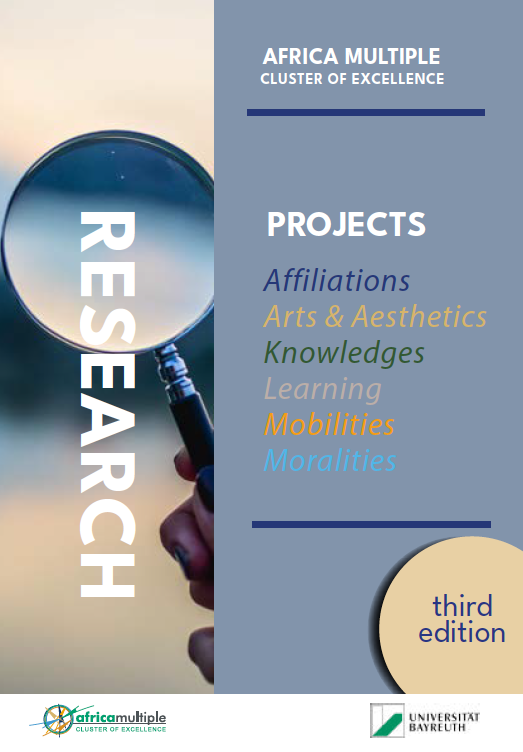Women as Sages: Exploring the nature and value of ‘Feminine’ Wisdom
-
Research Section: Knowledges
-
Project duration: September 2020 – March 2023
-
Find an overview of the project (PDF) here.
Summary
Ever since the late African philosopher, Odera Oruka, put forward his conception of Philosophic Sagacity as an authentic African philosophy, widespread discussion on this position has made Philosophic Sagacity so authoritative that it is proposed as one of the most reliable sources of African knowledges (Mosima, 2016). Perhaps owing to the influence of Paul Radin (1927) and his gender restrictive reference to “man” in the discovery of African knowledges, Oruka and his followers seemed also to have excluded women from the category of sages. Thus, despite the possible existence of many female powerhouses of wisdom in Africa, and despite the global push for equal opportunities and recognition for women, the Sage Philosophy project is still predominantly chauvinistic. This research project titled “Women as Sages: Exploring the nature and value of Feminine Wisdom” is an agenda-setting work that seeks to investigate the possibility of woman sages, the nature and content of the form of knowledge they produce, and the value of such knowledges to the contemporary African and others.
Key Questions
- Granted that philosophic sages exist on the continent, can women be sages?
- How can these female sages be identified? If they are, what kind of philosophic knowledge are they custodian?
- Are the knowledges these female sages possess, preserve or purvey qualify as candidates for PS?
- What is the value of these knowledges to the socio-cultural, economic and political life of the African and global societies?
Methods and concepts
The research adopts a mixed research method comprising a medley of historical survey, auto-ethnography, interviews, cross-cultural analyses and hermeneutical approach. In addition, it employs the Critical Diversity Literacy (CDL) and intersectionality approaches. CDL would be instrumental in “synthesising relevant trends in social theory pertaining to questions of diversity, difference and otherness” (Steyn 2015: 379) at multilayered levels of literacy of surveyed female sages in Nigeria. This is an important methodological aspect for it examines the effects which the knowledges gathered from female sages have on the contemporary African and his world. In ensuring the axiological quality and epistemic reliability of the data gathered, indigenous research model of intersectional analysis, which “emphasizes the contextual and cultural complexity in which women are situated and how these intersect with” (Chilisa 2012: 221) epistemic domination, exclusion, and injustice would be adopted.
Vision
This project seeks to unpack the multiple ways of knowledge production, characterisation, transmission and recognition through heuristic investigation of the epistemic agency of female sages, hitherto, ignored in the documentation of indigenous knowledges. Since ideas, knowledges and wisdom are purveyors of civilisation and societal development, reconfiguring the scales of indigenous knowledges and wisdom through female agency is pivotal in holistically deploying indigenous knowledges, practices and wisdom to serve Africa’s needs.
Contribution or relation to the Clusters aims & goals
This research project is significant because by investigating women epistemic powers and feminine wisdom, it questions the privileged masculinity accorded the epistemic enterprise, and promises to provide another perspective to the male-dominated production, management and dissemination system of indigenous knowledges in Africa. In this way it contributes to literature on feminism, gender studies, and related fields, and ultimately to the Knowledges Research section of the cluster.
Project Team
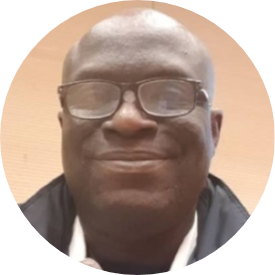
Professor of African Socio-Political Philosophy
E-Mail: ofalaiye@unilag.edu.ng
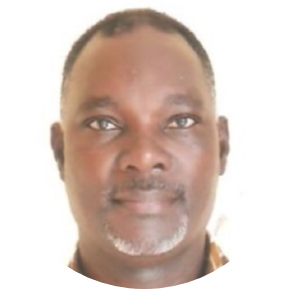
Senior Lecturer in Philosophy
E-Mail: aokeregbe@unilag.edu.ng
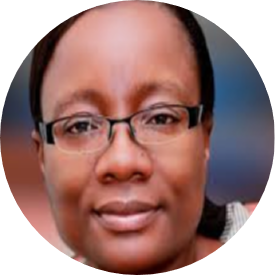
Professor of Social History
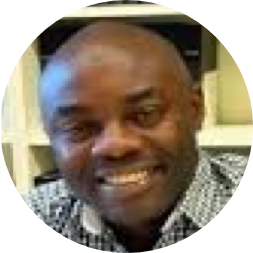
Senior Lecturer in Philosophy
E-Mail: kfayemi@unilag.edu.ng
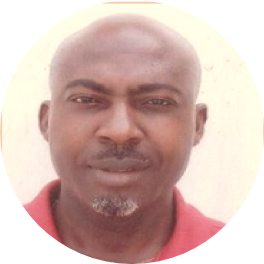
Senior Research Fellow
E-Mail: myakubu@unilag.edu.ng
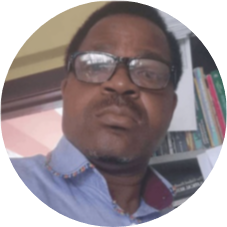
Senior Research Fellow
E-Mail: oeesuola@unilag.edu.ng
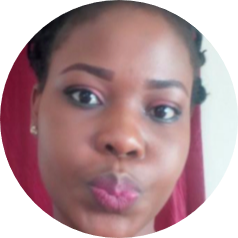
Ibukun Akomolafe
Doctoral Research Student
Further links / key references
- Find more information here.


